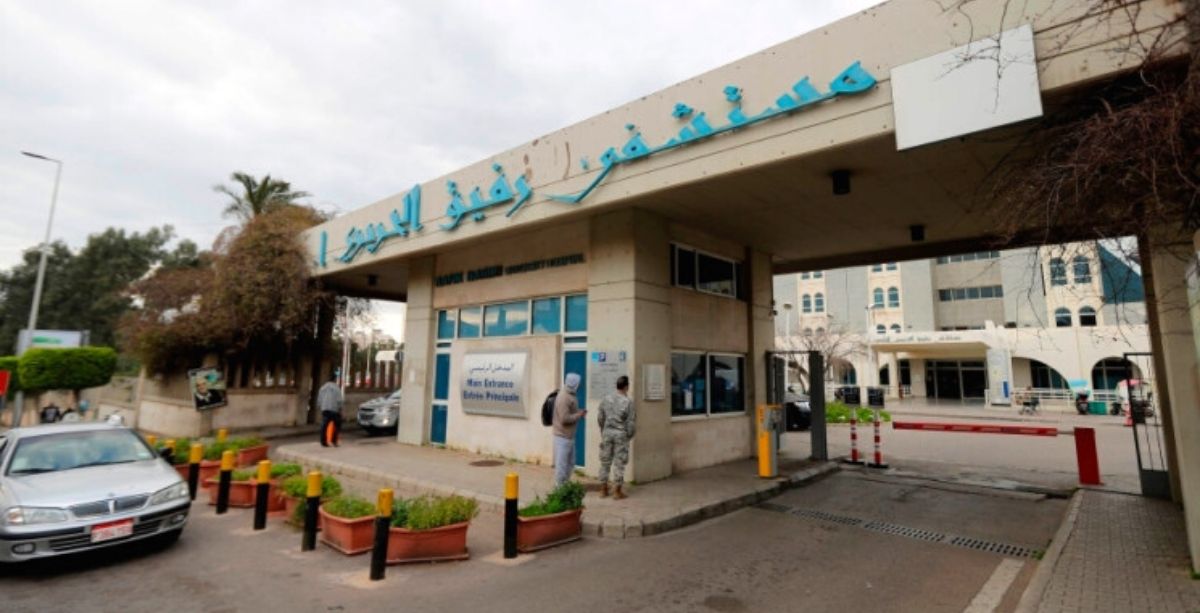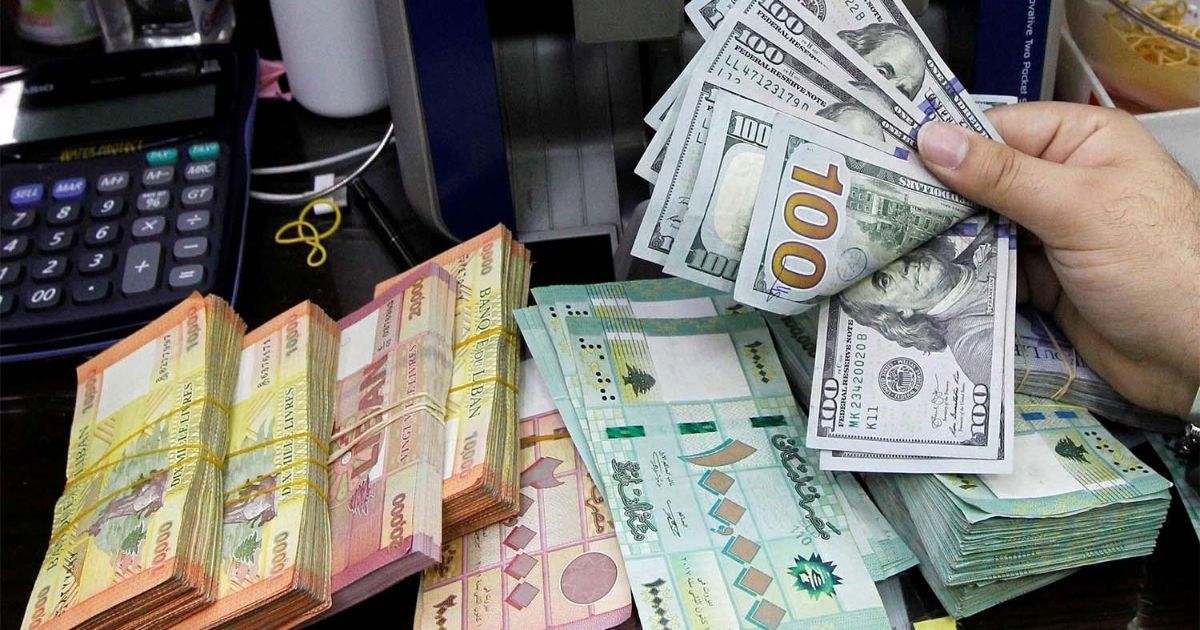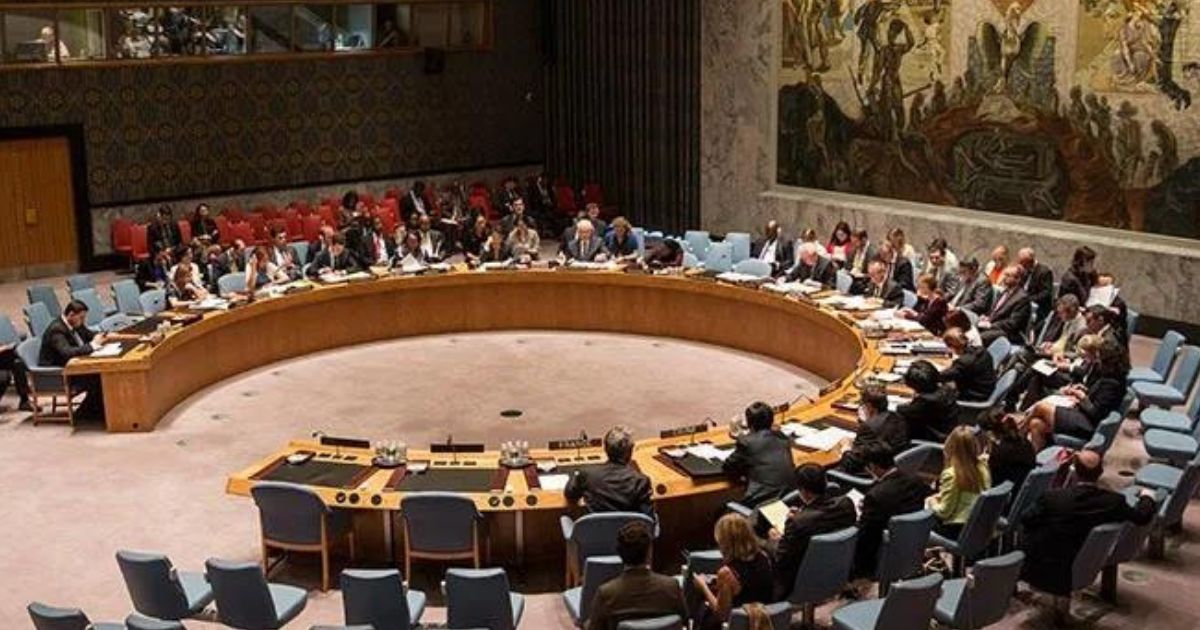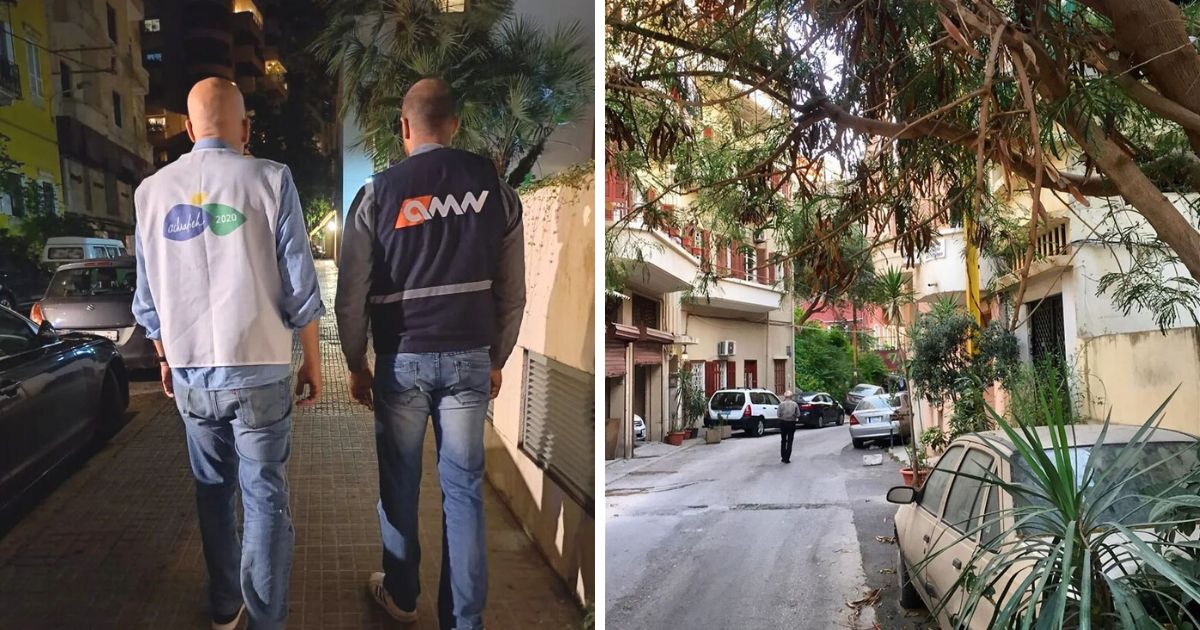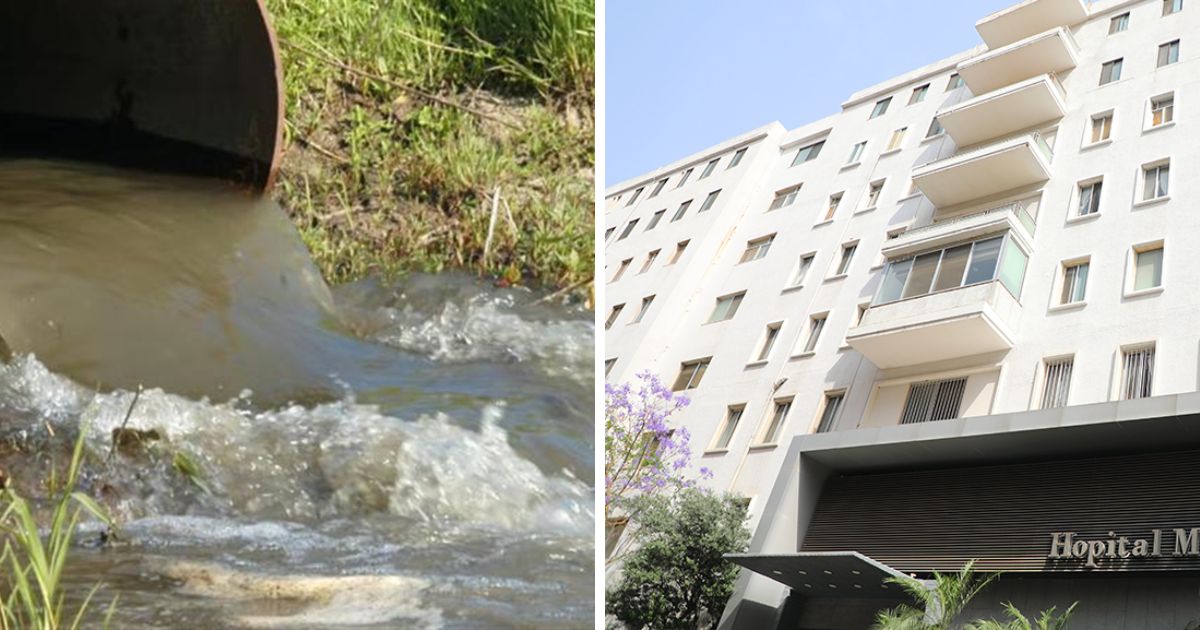Lebanon officially enters a medical crisis as subsidies lifted off chronic drugs without a clear announcement from the ministry of health.
Activists on social media have been using a hashtag against the minister of health, Dr. Firass Abiad, to express their anger and a photo is circulating to reflect on this disastrous decision.
Pharmacies had already been facing a shortage of medicines, with many having to sell a limited number of pills to patients.
The new price list of medicines came as a shock to those in the industry and to the people who need daily supplies of medicines as a life-saving treatment.
In an announcement, the head of the order of pharmacists, Ghassan al-Amin, said: “There will remain subsidized, partially subsidized, and unsubsidized medicines. There is no way out.”
Cheap medicines have remained 25% subsidized, the average is subsidized by 45%, and the expensive remains subsidized by 65%. This is the criteria adopted for classifying medicines and lifting subsidies.
Many lives are now at risk as people’s pockets are already drained with all the other living essentials’ expenses.
Lebanese pharmacist, Rawan Abou Ayash, told 961News: “When it comes to medications, it can’t get any worse. Medications for chronic conditions such as diabetes, asthma, cholesterol, and many others must be taken daily for a lifetime.”
Rawan added: “I’ve met low-income patients switching to generics for a cheaper price, elderly patients selling some belongings to acquire some of the long-listed medications, and many hopeless patients seeking non-profit organizations for donations.”
The Central Bank of Lebanon is no longer able to allocate greater support to the pharmaceutical sector.
Although lifting subsidies means medicines are priced at a higher rate, this decision allows for the smuggling and hoarding of drugs to be reduced, whilst also making them more available in the market.
Lebanese pharmacist Lama Zahreddine tells 961News: “I of course support this decision as at least we will have medicines available for those patients who are in urgent need for them.”
“Patients were going around pharmacies all day to look for one medicine or had to wait for someone outside Lebanon to send it over, this is not safe for their health,” she added.
According to the medicine importers syndicate, Lebanon imports 80% of its drugs. All have to be paid in fresh dollars, at a time where the country is facing an economic collapse.






